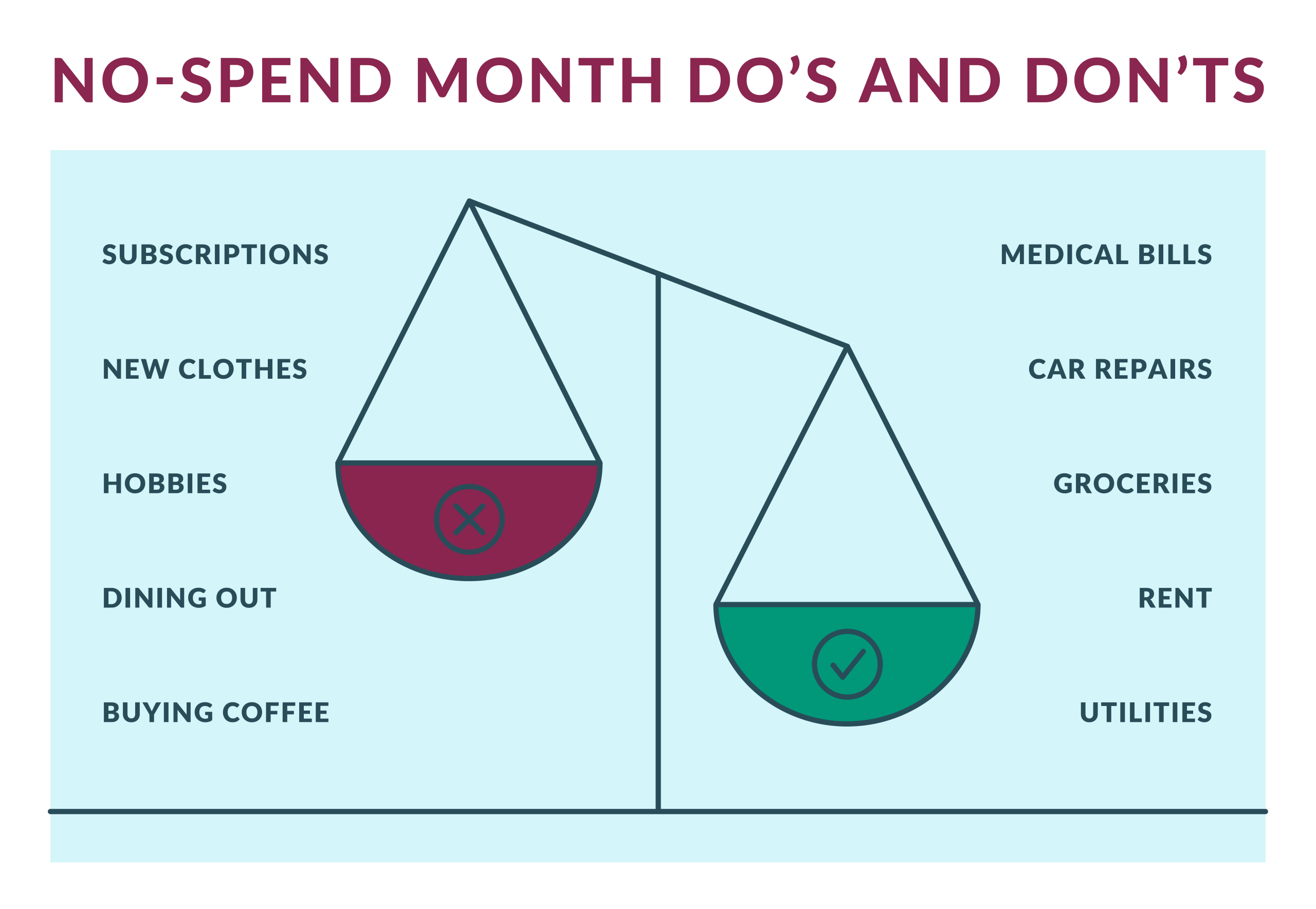Anúncios
Obtaining a mortgage for non-U.S. citizens can be complicated, but it is not impossible. The United States offers various real estate financing options for immigrants, regardless of immigration status.
With proper planning, organized documentation, and a clear understanding of the requirements, achieving the dream of homeownership is possible.
This guide details how the process of obtaining a mortgage for non-U.S. citizens works, the criteria involved, and the differences depending on immigration status. Check it out!
Is it possible to get a mortgage as a non-U.S. citizen?
Non-U.S. citizens can indeed obtain mortgages in the United States. However, the process varies depending on the individual’s immigration status, which can influence the types of financing programs available.
Many banks and financial institutions are willing to work with immigrants as long as they meet certain basic requirements.
Eligibility for a mortgage for non-U.S. citizens is generally linked to factors such as residency status, credit history, proof of income, and legal documentation.
Even immigrants without formal documentation can, in some cases, qualify for specific options like ITIN-based mortgages (Individual Taxpayer Identification Number).
Understanding the importance of immigration status in this process
Immigration status plays a key role in obtaining a mortgage. Banks and lenders assess the risk associated with the loan by considering the applicant’s legal stability in the country.
Let’s examine how different groups of immigrants can apply for a mortgage for non-U.S. citizens.
Permanent Residents
Permanent residents (Green Card holders) have access to virtually all mortgage options available to U.S. citizens.
These individuals are generally considered low risk by lenders because they have stable legal status and a Social Security Number (SSN).
Requirements for permanent residents:
- Permanent resident card (Green Card).
- Active and registered SSN.
- Credit history in the U.S.
- Proof of stable employment and sufficient income.
Permanent residents can access traditional mortgage programs, such as those offered by the FHA (Federal Housing Administration) and Fannie Mae.
They may also qualify for competitive interest rates and flexible repayment terms.
Non-Permanent Residents
Non-permanent residents, such as those with work visas (H-1B, L-1) or international students, can also apply for a mortgage.
However, eligibility criteria are stricter since lenders often view the limited visa duration as a risk.
Requirements for non-permanent residents:
- Valid visa or document proving legal status.
- SSN or ITIN.
- Credit history, preferably in the U.S.
- Stable employment with a contract covering at least the loan term.
Some lenders require a higher down payment to mitigate risk, often between 20% and 30%. This helps offset the possibility of a visa not being renewed.
DACA Recipients
DACA (Deferred Action for Childhood Arrivals) recipients face additional challenges but can still qualify for a mortgage.
Despite their temporary status, many lenders offer financing options if the individual has a valid SSN and a positive credit history.
Requirements for DACA recipients:
- Valid work authorization document.
- Valid SSN.
- Credit history in the U.S.
- Proof of stable employment.
Although options are limited, programs like those from the FHA may be available for DACA recipients under certain conditions.
Undocumented Immigrants
Undocumented immigrants face the biggest barriers in the mortgage application process, but it is not impossible.
Alternative lenders offer ITIN-based mortgages for those without an SSN.
Requirements for undocumented immigrants:
- Active ITIN.
- Consistent payment history (e.g., rent and utility bills).
- Proof of income through pay stubs or tax returns.
- Substantial down payment, generally above 20%.
While the interest rate for ITIN-based mortgages is typically higher, these options provide a viable solution for undocumented immigrants who wish to purchase a home.
What are the other requirements for obtaining a mortgage for non-U.S. citizens?
In addition to immigration status, lenders evaluate other crucial factors before approving a mortgage for non-U.S. citizens. These requirements are fundamental to demonstrating the applicant’s financial capacity and stability.
Employment and Income
Proving that you have a stable income source is essential to obtaining any type of mortgage. Lenders generally require:
- Proof of income (pay stubs, bank statements, or tax returns).
- Employment contracts for residents with temporary visas.
- Employment history demonstrating stability over the past two years.
A healthy debt-to-income ratio (DTI) is also evaluated. Ideally, the DTI should be below 43%.
Down Payment
The down payment is one of the most important requirements, especially for non-U.S. citizens.
For permanent residents and some temporary residents, the minimum down payment can range from 3% to 5%, depending on the chosen program.
For DACA recipients and undocumented immigrants, lenders often require down payments between 10% and 30%.
Credit History
Having a U.S. credit history significantly increases the chances of mortgage approval. For newly arrived immigrants without a credit history, it is possible to:
- Use international credit through companies like Nova Credit.
- Build credit in the U.S. by opening credit cards and paying bills regularly.
Other Important Requirements
Additional documentation may also be required to apply for a mortgage for non-U.S. citizens, including:
- SSN or ITIN.
- Valid passport.
- Recommendation letters from previous landlords or employers.
- Co-signer to reduce the perceived risk by the lender.
Although the process of obtaining a mortgage for non-U.S. citizens may seem complex, it is accessible for many immigrants with the right planning.
Non-U.S. citizens, regardless of immigration status, can achieve the dream of homeownership in the U.S. by meeting the required financial and legal criteria.
Whether through traditional programs, ITIN-based mortgages, or other alternative options, there are pathways available for anyone looking to establish roots in the country.
Is this your case? Then take advantage of this content and save all the useful tips for your journey!
Also, check out this post on how to get a home loan even with bad credit.






